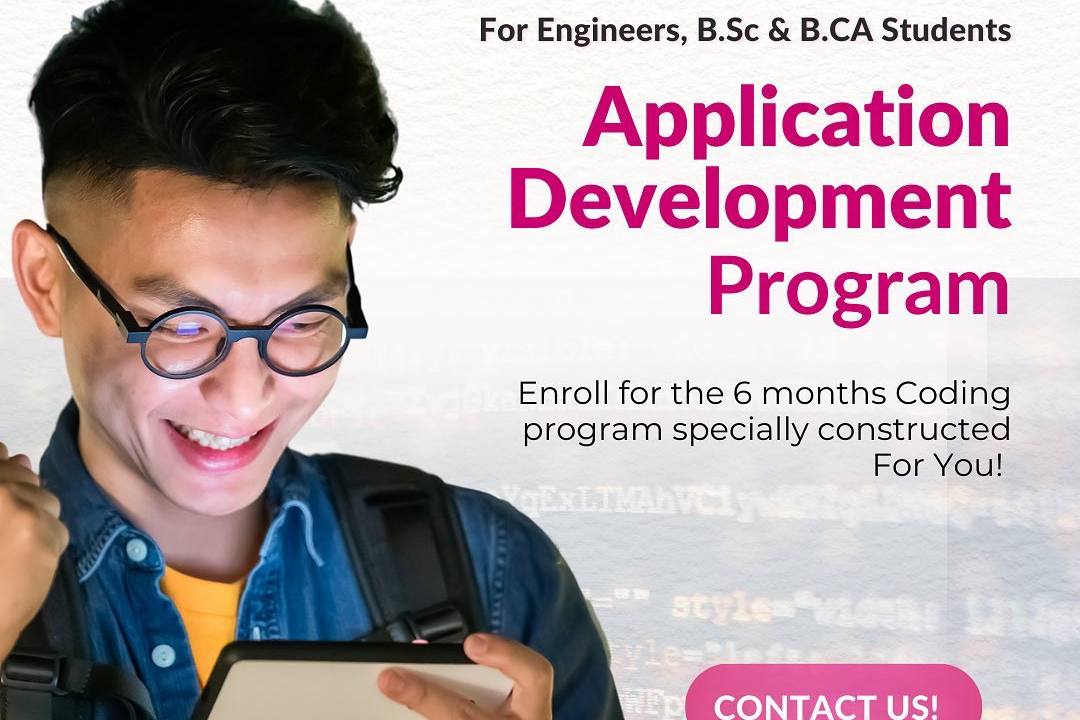Skill assessment
Competency Evaluation
Skill assessment
Skill assessment refers to the process of evaluating an individual's abilities and competencies in specific areas, often through a combination of testing, practical exercises, or interviews. This systematic evaluation aims to identify strengths and weaknesses, helping organizations make informed decisions regarding hiring, training, and development needs. Skill assessments can cover a wide variety of competencies, including technical skills, problem-solving abilities, and interpersonal communication. In the workplace, these assessments are crucial for ensuring that employees possess the requisite skills for their roles, ultimately contributing to enhanced performance, productivity, and job satisfaction.
To Download Our Brochure: https://www.justacademy.co/download-brochure-for-free
Message us for more information: +91 9987184296
1 - Definition of Skill Assessment: Skill assessment is the evaluation of a student’s abilities and knowledge in certain areas to determine their competency level and areas for improvement.
2) Purpose of Skill Assessment: The primary goal is to identify students' strengths and weaknesses, which then informs the curriculum and training programs tailored to their needs.
3) Types of Skills: Skill assessments can cover a wide range of skills, including technical skills (e.g., coding, data analysis), soft skills (e.g., communication, teamwork), and practical skills (e.g., project work).
4) Formative Assessment: Regular, ongoing assessments that provide feedback during the training program, helping students adjust and improve their skills continuously.
5) Summative Assessment: Evaluation conducted at the end of a training module to measure overall skill acquisition and determine whether students have met learning objectives.
6) Self Assessment: Encouraging students to evaluate their own skills and understanding, fostering self awareness and responsibility for their own learning.
7) Peer Assessment: Involving students in assessing each other’s skills can encourage collaboration, enhance understanding of the subject material, and develop critical thinking.
8) Assessment Tools: Utilizing various tools such as quizzes, practical examinations, portfolios, and presentations to gauge skill levels comprehensively.
9) Setting Standards: Establishing clear skill standards and expectations so that students understand what is required to achieve competence in specific areas.
10) Feedback Mechanism: Providing constructive feedback based on assessment results, allowing students to understand their performance and areas requiring improvement.
11) Skill Mapping: Aligning assessments with specific skills needed in industry to ensure students are being trained in relevant competencies that will enhance their employability.
12) Adapting Training Programs: Using assessment data to modify training content and teaching methods in order to better meet the needs of the students.
13) Tracking Progress: Continuously monitoring students’ skill development over time to assess growth, effectiveness of the training program, and readiness for advanced topics.
14) Certification: Offering certificates or credentials to students who successfully demonstrate required skills, helping them in job applications and future career opportunities.
15) Continuous Improvement: Using assessment outcomes to improve future training programs, ensuring they remain effective, relevant, and appealing to students.
16) Engagement Strategies: Incorporating engaging assessment methods, such as gamified assessments or real world problem solving, to motivate students and enhance learning.
17) Industry Collaboration: Collaborating with industry professionals to design assessments that reflect real world skill requirements, ensuring students are job ready upon completion of their training.
18) Cultural Sensitivity: Recognizing diverse backgrounds and learning styles during assessments, ensuring all students have the opportunity to showcase their skills effectively.
19) Use of Technology: Implementing digital assessment tools and platforms to streamline the assessment process and make it more efficient and accessible.
These points can help in designing a comprehensive skill assessment framework in a training program tailored to students, leading to better outcomes in their learning journey.
Browse our course links : https://www.justacademy.co/all-courses
To Join our FREE DEMO Session: Click Here
Contact Us for more info:
PHP Classes Near Me
Full Stack Flutter Developer Course
machine learning course by google
Tree Testing Software
Mobile App Development aurangabad











